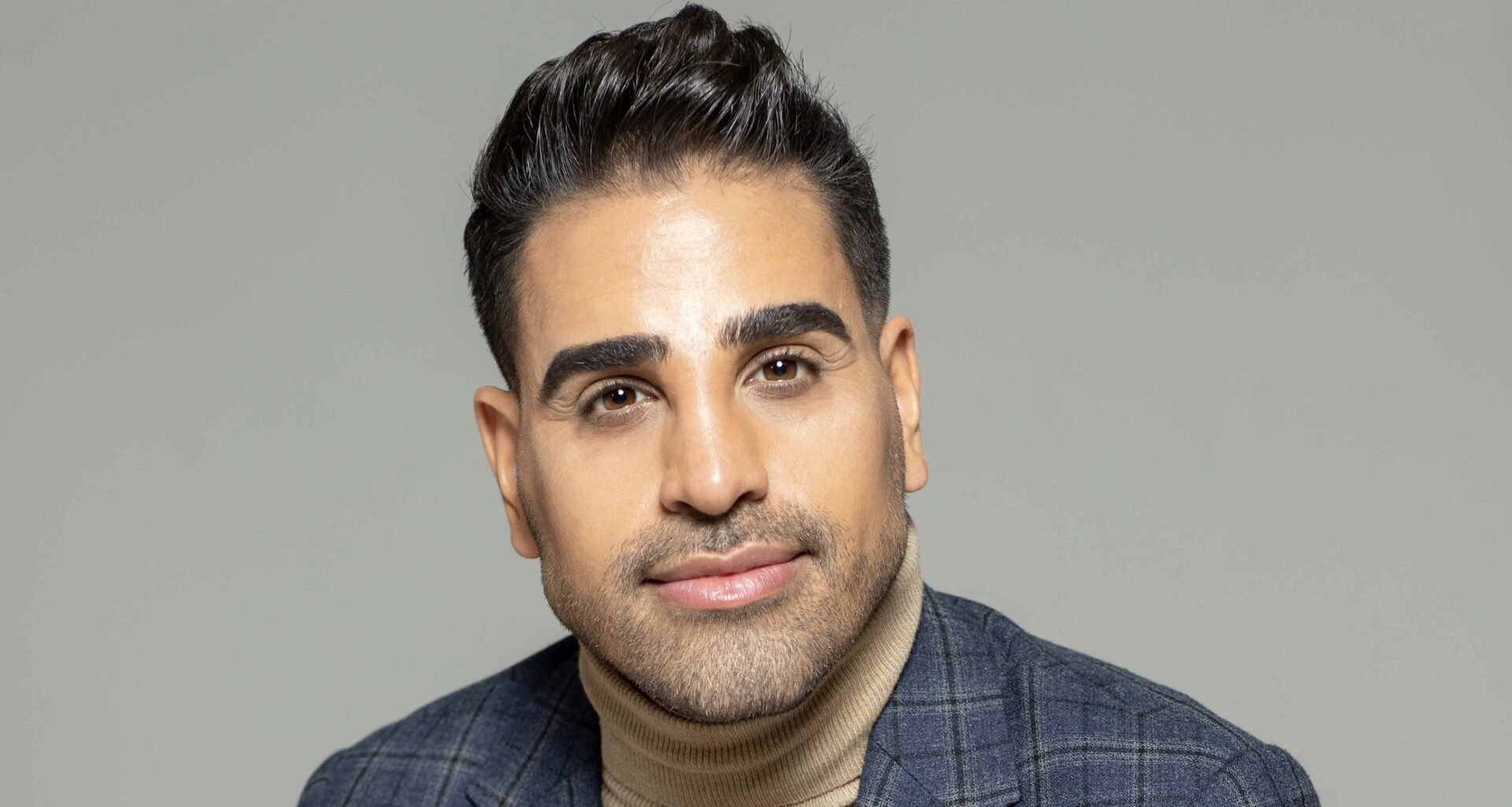Roll up for the gonorrhoea jab: Dr Ranj speaks out against conspiracy theories
"The reality is simple: gonorrhoea is common, rising fast, and becoming more difficult to treat. We need every weapon we can get," writes our columnist

This August, the NHS will make history when it begins the world’s first national vaccination programme aimed at preventing gonorrhoea, with a particular focus on gay, bisexual, and other men who have sex with men (GBMSM). It’s a bold move, which comes in response to soaring infection rates and the looming threat of antibiotic resistance.
In 2023, gonorrhoea diagnoses in England hit a staggering 85,000 cases — triple the number recorded in 2012 and the highest since records began in 1918. Without new tools, including vaccination, we risk a future where gonorrhoea becomes much harder — if not impossible — to treat.
For many in the LGBTQ+ community, this announcement is welcome news. GBMSM are disproportionately affected by gonorrhoea and other STIs, and any tool that can reduce that burden should be embraced.
But already the predictable rumblings of the anti-vax fringe are starting up. If that sounds familiar, it’s because we’ve been here before. From Covid-19 to monkeypox, a vocal minority has repeatedly tried to derail public health progress with misinformation and scaremongering. We can’t afford to let them succeed.
We’ve already seen how effective our community can be in driving vaccination success. During the 2022 mpox outbreak, swift uptake of the smallpox-derived vaccine helped contain the crisis in a matter of months. But alongside that success came voices of resistance who spread conspiracy theories, stoking stigma and undermining trust.
We can’t let those same voices sabotage this new effort. The reality is simple: gonorrhoea is common, rising fast, and becoming more difficult to treat. We need every weapon we can get.
A public health first
The decision to launch this vaccination campaign is grounded in solid science and a strong public health imperative. It was recommended by the Joint Committee on Vaccination and Immunisation (JCVI), the expert group that advises UK health departments on immunisation strategy. Their guidance is clear: the rise in gonorrhoea cases — particularly among GBMSM — combined with increasing resistance to treatment, requires urgent and innovative intervention.
Old vaccine, new purpose
Interestingly, the vaccine being used isn’t new. Called 4CMenB, it’s already one of the routine NHS childhood immunisations. Originally designed to protect against meningitis B, it was developed using a revolutionary approach known as ‘reverse vaccinology’. This technique uses genomic data to identify surface proteins on bacteria that could trigger a strong immune response — a far cry from the more traditional, trial-and-error methods of the past.
The bacteria that cause meningitis B (Neisseria meningitidis) and gonorrhoea (Neisseria gonorrhoeae) are genetically very similar. As a result, the 4CMenB vaccine provides cross-protection, reducing the risk of gonorrhoea infection by an estimated 30–40 per cent. Although that might not be a silver bullet, it’s a huge step forward. Modelling by Imperial College London suggests that widespread uptake of the vaccine could prevent up to 100,000 gonorrhoea cases over the next decade.
Who’s eligible?
The new programme will focus on GBMSM who are considered higher risk, specifically those who’ve had a recent sexually transmitted infection or multiple sexual partners. Local sexual health services will take the lead on identifying and inviting eligible individuals.
And there’s more good news: during your vaccine appointment, you may also be offered other important immunisations depending on your risk profile, including those for mpox, hepatitis A and B, and HPV.
Community action counts
As the programme gets underway, misinformation may begin to bubble up, especially if it expands to include broader populations. But we’ve shown before that we can rise above the noise.
This isn’t just about individual protection; it’s about solidarity, community responsibility and making healthcare work for all of us. When we choose evidence over fear, progress over paranoia and protection over politics, we win.
So roll up your sleeve, get protected and don’t let the anti-vaxxers win.
Young queer mental health matters
Multiple recent mental health awareness campaigns are undoubtedly a good thing, but not when they are so general that those most at risk get forgotten.
A 2024 UK national survey revealed that over half of LGBTQ+ youth had considered suicide in the previous year, with nearly one in five having attempted it. Additionally, 62 per cent reported recent symptoms of depression, and 70 per cent experienced anxiety. These figures were higher among transgender and nonbinary individuals.
This is a reminder to check in with the young queer people in your life. Or, if you are going through a tough time, please don’t suffer alone: reach out and seek support. We are a community and every single one of us matters.
